Can Birds Eat Chocolate Feeding birds can be a delightful and fulfilling activity that brings us closer to nature. Many bird enthusiasts enjoy providing food to wild birds or their pet companions, but it’s crucial to understand which foods are safe and which are potentially harmful. Chocolate, a treat cherished by humans, is one such food that raises concerns. People often wonder, can birds eat chocolate? The answer is a resounding no—chocolate can be extremely dangerous to birds.
The toxic effects of chocolate on birds are not widely known among the general public, and many pet owners and casual bird feeders may unintentionally harm birds by offering them this sweet treat. Chocolate contains compounds that are not only unsuitable but can be lethal to birds, leading to severe health issues or even death.
In this comprehensive exploration, we will delve into the toxic components of chocolate, how they affect birds, and the symptoms and consequences of chocolate ingestion. Additionally, we will discuss safe alternatives and how to prevent accidental poisoning. By the end of this article, you’ll gain a deeper understanding of the risks associated with chocolate and the importance of responsible bird feeding.
The Composition of Chocolate: What Makes It Toxic?
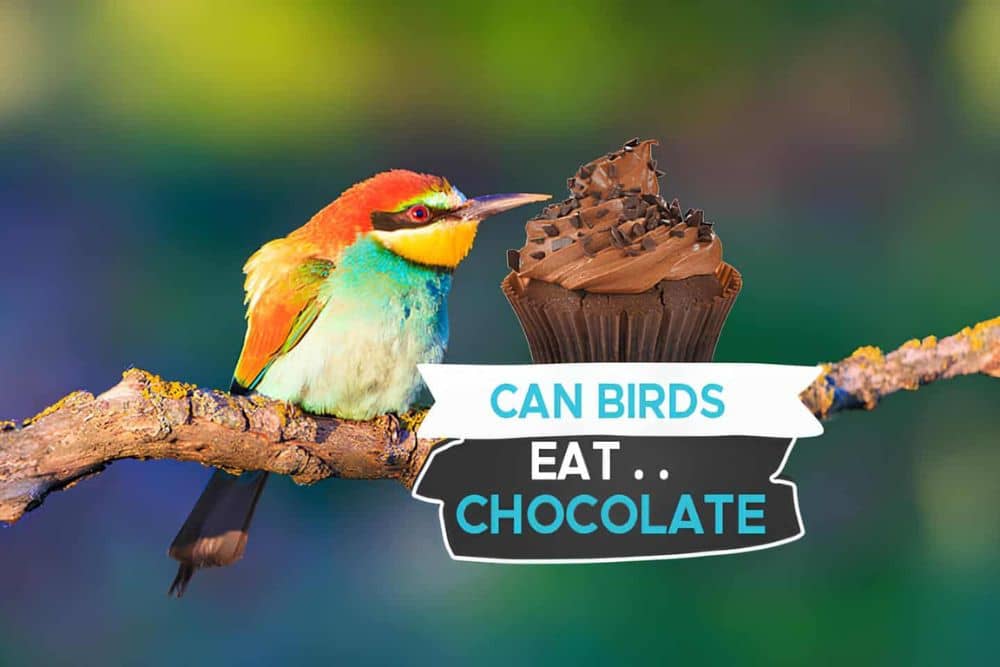
Chocolate is made from cacao beans, which contain several chemical compounds that can harm animals, particularly those not adapted to metabolize them. The two toxic substances in chocolate that pose a risk to birds are theobromine and caffeine. While these compounds may provide pleasurable effects in humans, they can be highly toxic to birds and other animals.
Can Birds Eat Chocolate? Theobromine: The Primary Culprit
Theobromine is an alkaloid found in cacao plants and the primary toxic component in chocolate. While humans can process theobromine efficiently, many animals, including birds, cannot. Birds’ metabolism of theobromine is significantly slower, which means that even small amounts can accumulate to toxic levels in their bloodstream, theobromine affects the central nervous system.
The density of theobromine varies or changes according to the types of chocolate.
It can affect the cardiovascular and respiratory systems in birds, potentially leading to serious, life-threatening complications.
Dark Chocolate: Can Birds Eat Chocolate, dark chocolate is the most toxic to birds due to its high theobromine content.
Milk Chocolate: It contains less theobromine than dark chocolate but is still very toxic to birds.
White Chocolate: Contains minimal theobromine but often includes sugar and fats that can cause digestive issues for birds.
Can Birds Eat Chocolate? Caffeine: A Double Threat
Chocolate contains caffeine, which can be harmful to birds. Similar to theobromine, caffeine is an alkaloid that birds metabolize slowly. Caffeine overstimulates the heart and nervous system, causing hyperactivity, increased heart rate, and muscle tremors. Even small amounts of caffeine can cause serious health issues in birds.
The Effects of Chocolate on Birds
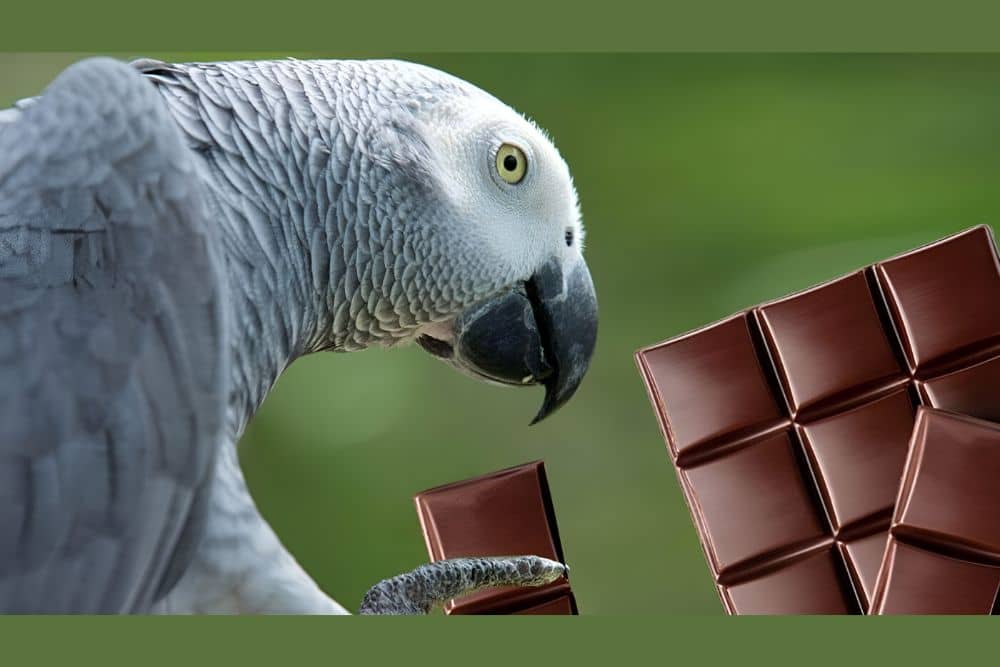
Can Birds Eat Chocolate, Birds are susceptible to both theobromine and caffeine. When a bird consumes chocolate, these toxic compounds affect various bodily systems, leading to symptoms that can quickly become life-threatening. Understanding the specific effects of chocolate toxicity on birds can help pet owners and bird enthusiasts recognize the symptoms and take appropriate action.
Symptoms of Chocolate Toxicity in Birds
• Symptoms of chocolate poisoning in birds can appear shortly after ingestion, depending on the amount and type of chocolate consumed. The symptoms of chocolate poisoning in birds are listed below:
• Vomiting and Diarrhea: Gastrointestinal upset is often one of the first signs of chocolate poisoning. Birds may regurgitate food or exhibit watery droppings.
• Increased Heart Rate and Hyperactivity: The stimulatory effects of theobromine and caffeine can cause rapid heart rate, restlessness, and hyperactivity in birds.
• Tremors and Muscle Spasms: As the toxicity progresses, birds may experience muscle tremors, twitching, and difficulty maintaining balance.
• Seizures and Convulsions: In severe cases, birds may suffer from seizures and convulsions due to the overstimulation of the nervous system.
• Respiratory Distress: Birds with chocolate toxicity may exhibit difficulty breathing, labored respiration, or rapid breathing patterns.
• Death: Without immediate veterinary intervention, chocolate poisoning can lead to cardiac arrest, respiratory failure, and death.
Why Birds Are Especially Vulnerable
Birds have a significantly smaller body size and a faster metabolism than humans and other animals.
Consequently, even a small amount of chocolate that may seem harmless to humans can harm their health. Additionally, birds lack the necessary enzymes to effectively metabolize theobromine and caffeine, causing these toxins to accumulate rapidly in their bodies.
Unlike mammals, birds have a unique respiratory system, including air sacs and lungs. The stimulatory effects of theobromine and caffeine can negatively affect this specialized anatomy, leading to respiratory distress and other complications.
How Much Chocolate Is Dangerous for Birds?
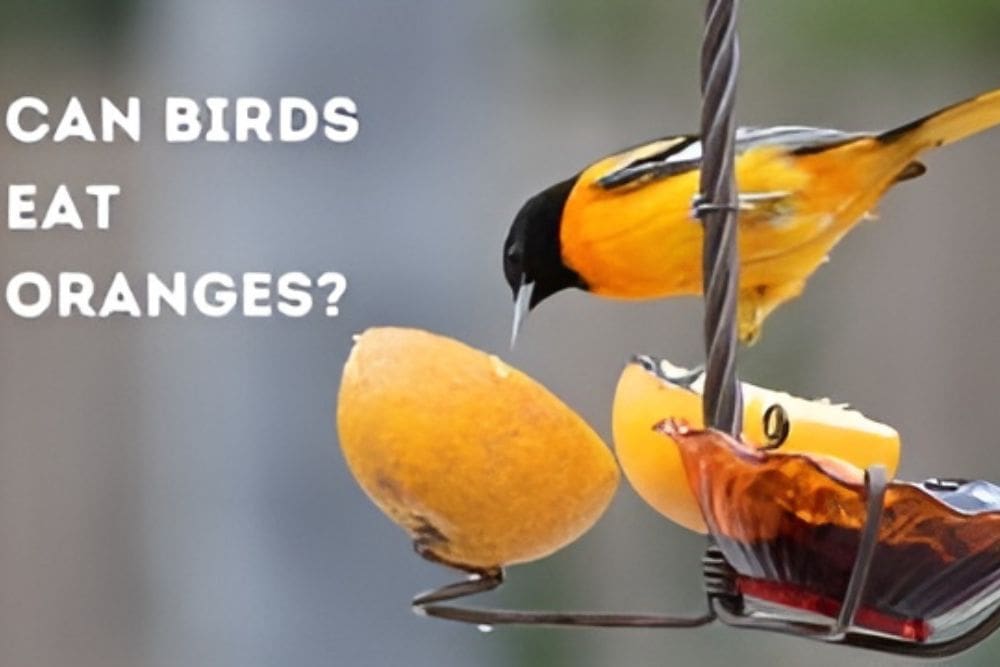
There is no established “safe” amount of chocolate for birds; even small quantities can be harmful. For context, the lethal dose of theobromine in birds varies depending on the species, size, and individual sensitivity. Generally, the concentration of theobromine in a single piece of dark chocolate can cause severe toxicity in small birds like budgies, canaries, or finches.
Can Birds Eat Chocolate? Factors Influencing Toxicity
Several factors can influence the severity of chocolate toxicity in birds, including:
• Type of Chocolate: As mentioned earlier, dark chocolate contains the highest concentration of theobromine, while white chocolate contains the least. However, all kinds of chocolate are unsafe for birds.
• Bird Size and Species: Smaller birds are more vulnerable to chocolate toxicity due to their lower body weight and increased sensitivity.
• Amount Consumed: Even a tiny piece of chocolate can be fatal to a bird, especially if it is dark chocolate or contains additional caffeine.
Can Birds Eat Chocolate? If a bird eats chocolate, here are the steps you should take:
If you suspect a bird has ingested chocolate, acting quickly is crucial. Chocolate poisoning can progress rapidly, and immediate action can significantly affect the Bird’s chances of survival.
Steps to Take
1. Remove Access to Chocolate: Ensure the Bird has no further access to the chocolate. Remove any remaining pieces or crumbs from the Bird’s vicinity.
2. Reach Out to a Veterinarian: Contact an avian veterinarian right away for guidance. Provide details about the type and amount of chocolate consumed and any symptoms the Bird is experiencing.
3. Do Not Attempt Home Remedies: Avoid giving the Bird home remedies or inducing vomiting, as these actions can be harmful without professional guidance.
4. Transport the Bird to a Veterinary Clinic: If the veterinarian advises, bring the Bird to the clinic as quickly as possible for treatment.
Veterinary Treatment
Veterinary treatment for chocolate toxicity in birds typically involves supportive care and measures to eliminate the toxins from the Can Birds Eat Chocolate system. This may include:
• Activated Charcoal: Administered to absorb theobromine and minimize its further absorption into the bloodstream.
• Fluid Therapy: To help flush toxins from the Bird’s system and prevent dehydration.
• Medications: To manage symptoms such as seizures, hyperactivity, or heart irregularities.
• Oxygen Therapy: To alleviate respiratory distress.
- Preventing Chocolate Poisoning in Birds
The best way to prevent chocolate poisoning in birds is to keep all forms of chocolate out of their reach. Can Birds Eat Chocolate, Birds are naturally curious and may attempt to taste or nibble on food items left unattended. Here are some critical steps to prevent accidental poisoning:
2. Educate Family Members and Guests
Ensure everyone in the household, including children and guests, knows that chocolate is dangerous to birds. Establish clear rules about not feeding birds human foods unless approved as safe for avian consumption.
3. Store Chocolate Securely
Store chocolate and other potentially toxic foods in secure, bird-proof containers or cabinets. Avoid leaving chocolate or chocolate-flavored products on countertops, tables, or anywhere birds can access.
4. Avoid Sharing Human Foods with Birds
While it may be tempting to share treats with pet birds or wild visitors, it’s essential to remember that birds have different dietary needs and sensitivities. Instead, offer bird-safe treats like seeds, fruits, or specially formulated bird treats.
Safe Alternatives to Chocolate for Birds
Can Birds Eat Chocolate? For bird enthusiasts who enjoy feeding their feathered friends, there are plenty of safe and healthy alternatives to chocolate. These alternatives offer nutritional benefits without the risks linked to chocolate:
• Fruits: Birds enjoy a variety of fresh fruits, including apples, bananas, berries, grapes, and melons. Be sure to remove any seeds or pits which can be toxic to birds.
• Nuts: Unsalted and unflavored nuts like almonds, walnuts, and peanuts are a good source of healthy fats and protein. Offer them in moderation, as nuts are high in calories.
• Seeds: Sunflower, millet, and pumpkin seeds are popular choices for wild and pet birds.
• Vegetables: Can Birds Eat Chocolate safely and consume various vegetables, such as carrots, peas, corn, and leafy greens?
• Bird-Specific Treats: Commercial Bird treats explicitly formulated for different bird species are safe and enjoyable options.
Conclusion
While birds are curious creatures with diverse dietary preferences, chocolate is one food item that should never be part of their diet. Can Birds Eat Chocolate, Chocolate contains theobromine and caffeine, two compounds that are highly toxic to birds and can lead to severe health issues or even death. Even small amounts of chocolate can cause symptoms such as vomiting, hyperactivity, seizures, and respiratory distress, making it crucial to keep chocolate away from all birds.
Can Birds Eat Chocolate? Understanding the risks associated with chocolate and other toxic foods is essential for bird enthusiasts, pet owners, and anyone who enjoys feeding wild birds. Vigilance and responsibility in feeding practices can help protect birds from accidental poisoning and ensure their health and well-being.
In the end, the safety and happiness of our feathered friends depend on our awareness and actions. By choosing bird-safe treats and being cautious with potentially harmful foods like chocolate, we can continue to enjoy the beauty and companionship of birds while safeguarding their health. Education and preventive measures can prevent unnecessary tragedies and promote a harmonious coexistence with the avian world.


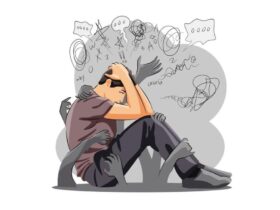
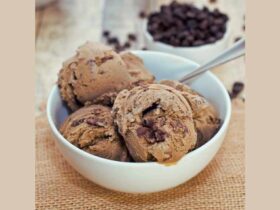
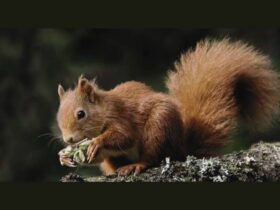
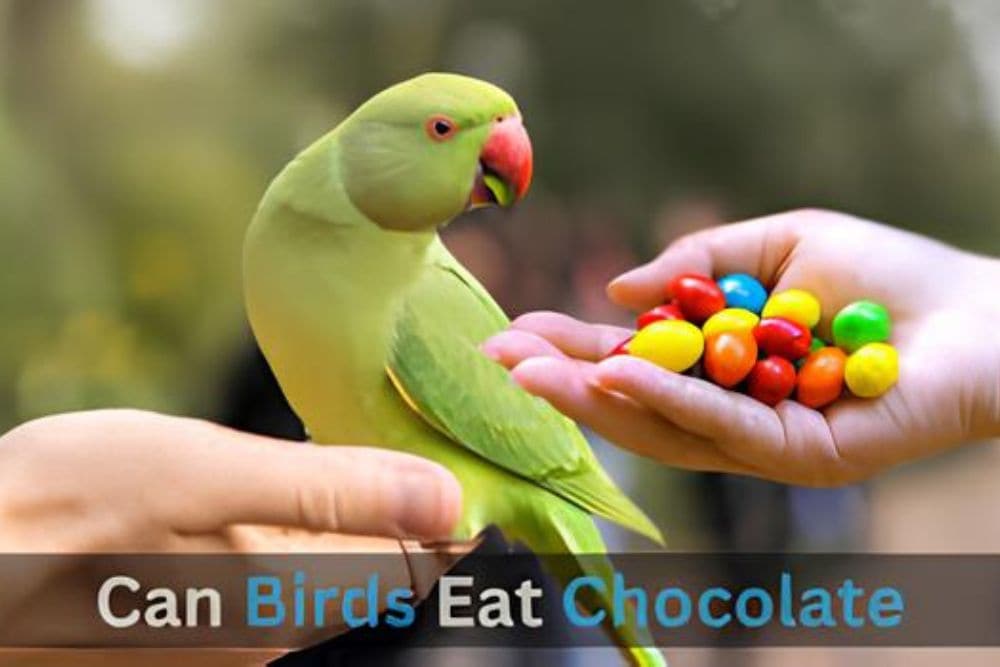



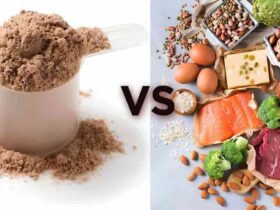
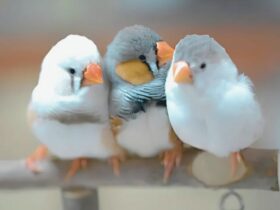
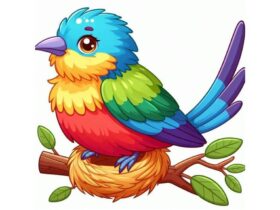
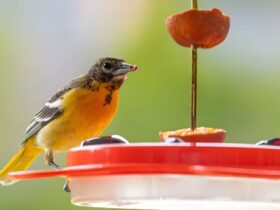

Leave a Reply